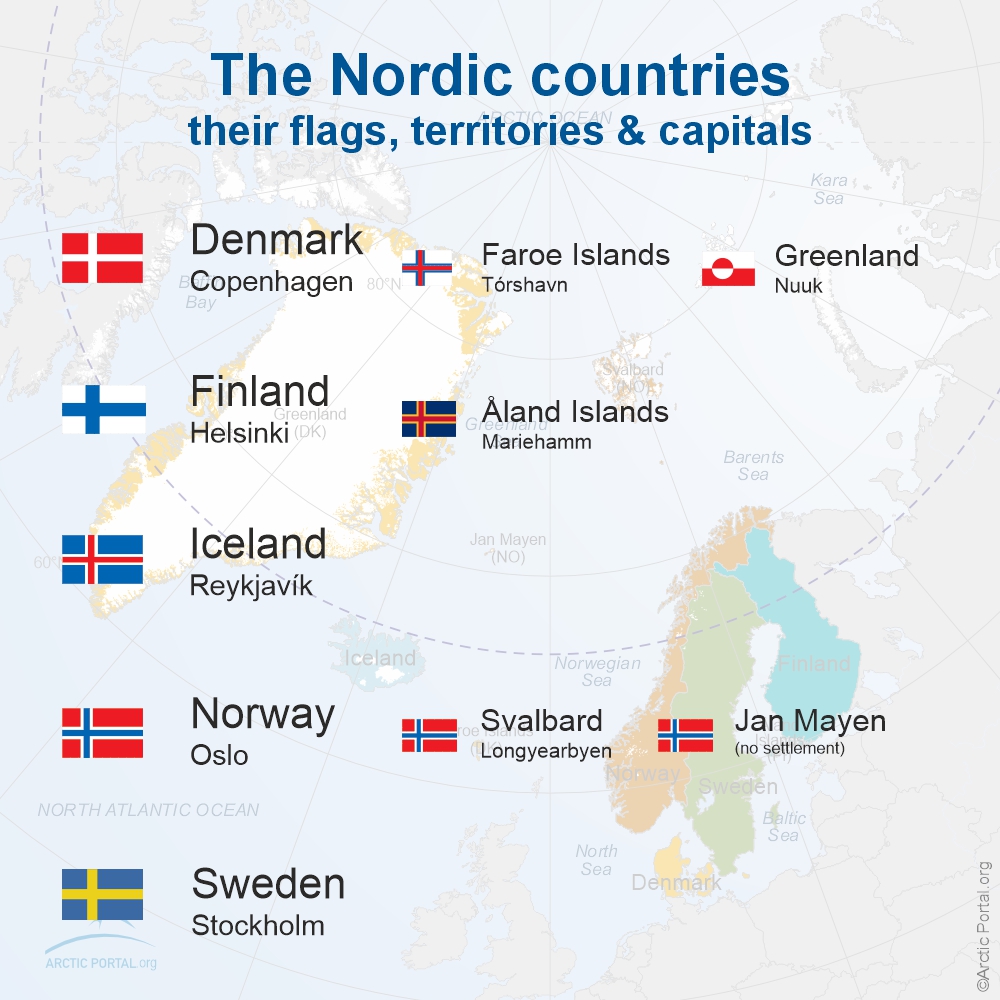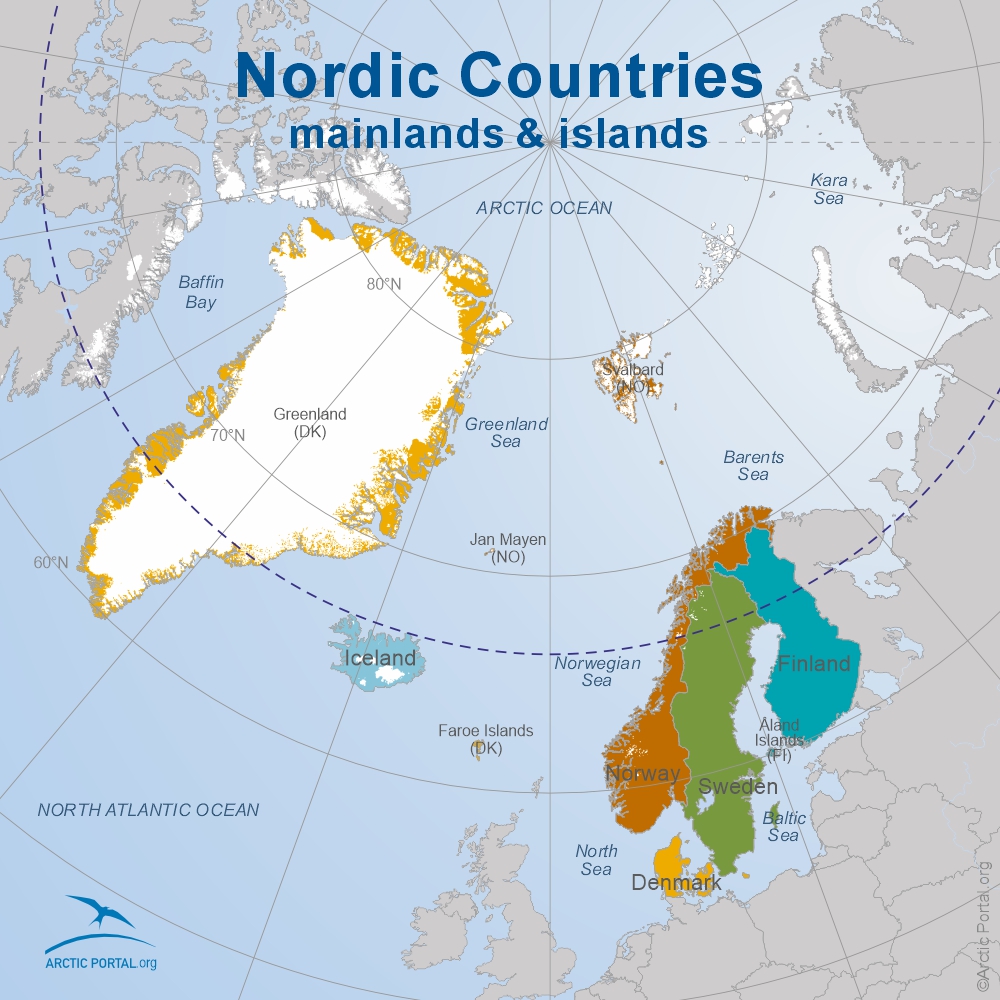The Nordic Council held its 76th Session in Reykjavík, Iceland from 28–31 October, focusing on “Peace and Security in the Arctic.”
On the final day, a resolution was adopted to amend the Helsinki Treaty, advocating for full Nordic Council membership for the Faroe Islands, Greenland, and Åland Islands. The Faroe Islands have long pursued this status, and Greenland and Åland Islands are now calling for the same, though no Greenland ministers attended due to frustrations over unequal representation in the Council.
Proposed treaty articles cover areas such as security, defense, climate, and more. The Council also recommends establishing a working group with Nordic government representatives to determine how best to incorporate Greenland, the Faroe Islands, and Åland Islands as full members. Nordic Council President Bryndís Haraldsdóttir expressed satisfaction with the progress, noting that constitutional matters specific to Greenland remain internal tasks for Denmark, the Faroes, and Greenland.
The Council is also pushing for revisions to Nordic cooperation policy, emphasizing clearer language to strengthen Nordic influence in the EU and EEA and calling for more binding commitments on collaborative policymaking. Based on recommendations from a diverse working group, the Council now advises establishing a commission to draft an updated treaty with new and revised articles.
Renewing the Helsinki Treaty presents an opportunity to modernize Nordic cooperation, addressing previously overlooked areas like climate, sustainability, defense, security, and digitalization. With Finland and Sweden now NATO members, an updated treaty would better reflect current Nordic values and geopolitical realities.
The Nordic Council of Ministers
 The Nordic Council of Ministers is the official body for intergovernmental cooperation in the Nordic Region. Overall responsibility for cooperation lies with the prime ministers, but in practice, it is delegated to the ministers for Nordic cooperation.
The Nordic Council of Ministers is the official body for intergovernmental cooperation in the Nordic Region. Overall responsibility for cooperation lies with the prime ministers, but in practice, it is delegated to the ministers for Nordic cooperation.
The Nordic Council of Ministers was founded in 1971 and, despite its name, actually consists of several individual councils of ministers. Nordic ministers for specific policy areas meet in their respective councils of ministers a couple of times a year.
There are currently 10 constellations of councils of ministers for specific policy areas as well as the council of ministers for the ministers for cooperation. Decisions in all of the councils of ministers must be unanimous.
The Presidency of the Nordic Council of Ministers, which is held for a period of one year, rotates between the five Nordic countries. The country holding the Presidency of the Nordic Council of Ministers draws up a program to guide Nordic cooperation during the year.
Matters are prepared and followed up by the various committees of senior officials, which consist of civil servants from the member countries. (Click on the photos to view quick facts about the Nordic countries.)
Source: Norden Co-operation
Related news and articles:
Video Presentation of the Finnish Presidency at the Nordic Council of Ministers 2016

